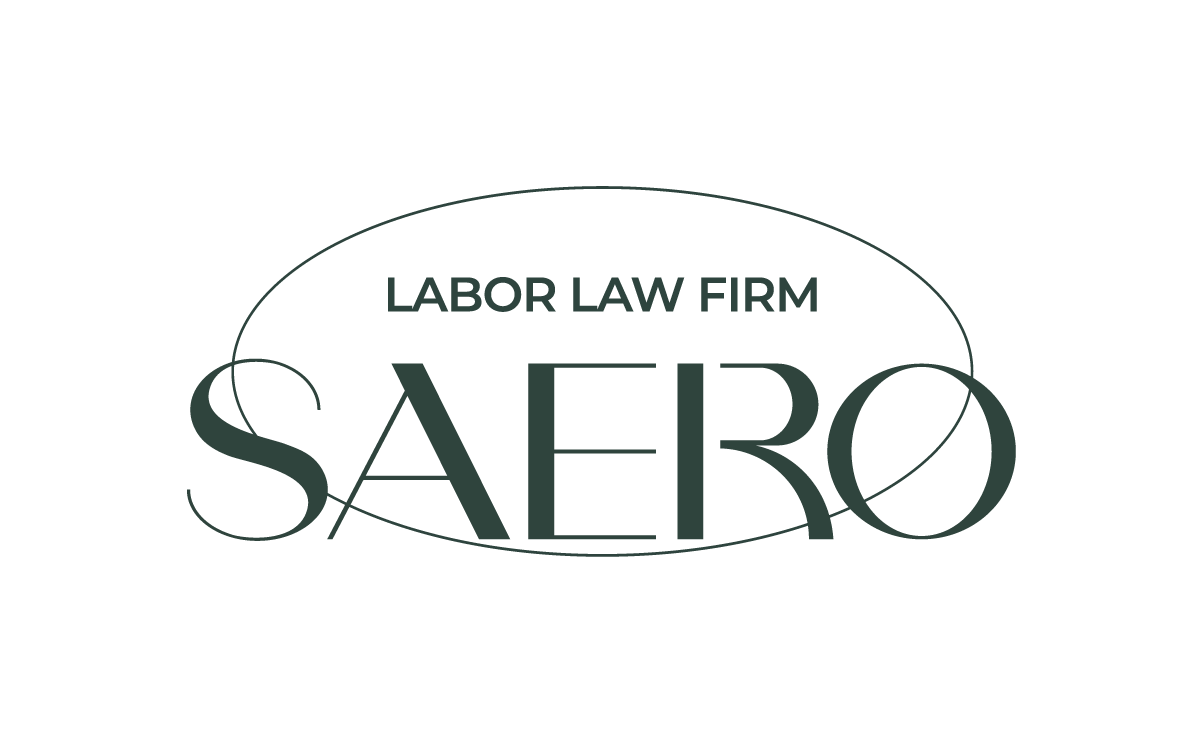Probation Period and Termination in Korea: Labor Law Essentials for Foreign Employers
- Date2025/03/28 14:35
- Read 4
When hiring employees in Korea, many companies want to apply a probation period to assess the employee before confirming regular employment.
Here's what you need to know from a legal and practical perspective.

1. What Is a Probationary Period?
In Korea, a probationary period is a preliminary period during which an employer evaluates an employee’s competence, attitude, and job performance before confirming regular employment.
2. Probation Must Be Clearly Stated in the Employment Contract
Under Korean law, a probation period is valid only if:
- It is explicitly stated in the employment contract, and
- The duration is clearly specified.
If the contract does not include this, the employee is considered a regular employee from the start.
(Seoul Administrative Court 2002GuHap6309)
3. Rejection After Probation = Termination
Even though the employee is on probation, the employment relationship is still valid during this period. Therefore, refusing to confirm regular employment at the end of probation constitutes a dismissal under Korean law.
That said, the courts distinguish this type of dismissal from a standard termination. The Supreme Court of Korea has held that:
- Dismissal during or at the end of probation is considered the exercise of a reserved right to terminate
- This is allowed more broadly than a typical dismissal, considering the purpose of probation (i.e., to assess the employee’s fitness for the job)
However, the dismissal must still be based on objectively reasonable grounds and be socially acceptable
4. Can the Employer Reject Regular Employment Due to Poor Performance?
While courts grant employers some discretion, a rejection based solely on the employer's subjective judgment is likely to be deemed unfair dismissal. Courts typically examine:
- Whether the company set rational evaluation criteria
- Whether evaluations were conducted fairly and objectively
|
Dismissal upheld
Dismissal overturned
|
5. Practical Tips for Probationary Termination
To ensure a lawful and fair probationary dismissal, employers should:
a. Establish and Communicate Clear Evaluation Criteria
Define reasonable performance standards and inform the employee in advance. If the employee is unaware of how they are being assessed, the evaluation may lack credibility.
b. Conduct Multiple Evaluations
One-off or overly formal evaluations are insufficient. At least two evaluations (e.g., mid-term and final) are recommended. Use mid-term reviews to provide feedback and coaching, and document all assessments and conversations.
c. Follow Legal Termination Procedures
If the company decides not to continue employment after the probation period:
- Provide 30 days’ notice or pay 30 days’ ordinary wages in lieu of notice, in accordance with Article 26 of the Labor Standards Act. (Exception: No advance notice is required if the employee has worked less than 3 months in total.)
- Issue written notice of the dismissal, including the reason and effective date, in accordance with Article 27 (Failure to comply may result in the dismissal being automatically deemed unfair.)
